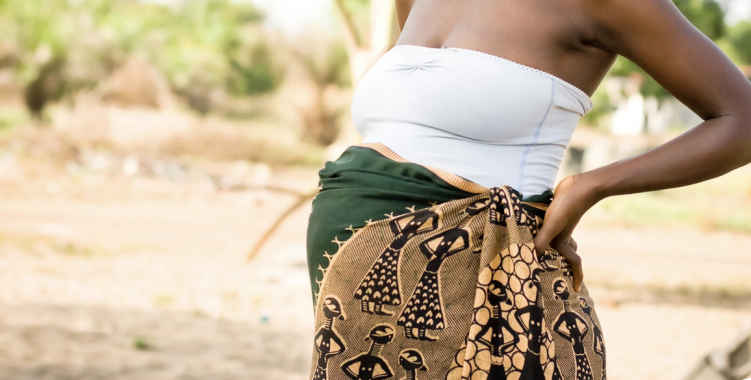"The platform, in one year, managed to follow around 30 thousand women, the impact is quite positive", said the project's mentor, doctor Manuela Mendes, calling for the need for more partners and more funding for the program's sustainability.
The self-care program for pregnant women "Monami" arose, in 2022, from an idea by the current director of the Hospital Materno Infantil Manuel Pedro Azancot de Menezes, to transmit information to pregnant women, sent via mobile SMS messages, about prevention measures and pregnancy complications, which can lead to the death of the mother, the baby or both.
Speaking to the press, Manuela Mendes, a gynecology and obstetrics doctor for 50 years, said that her long experience in the area of maternal health led her to take advantage of new technologies to send simple messages, but with the power to positively impact health of women and newborns.
After a year of the pilot phase, the objective now is to take "Monami" to a greater number of women in the other 17 regions of the country, in addition to the province of Luanda.
"Monami" initially had financial support from the Calouste Gulbenkian Foundation, which allowed partner Appy People to develop the program's digital platform and pay the agents involved.
In the opening speech, the head of the primary care department at the National Directorate of Public Health, Ketha Francisco, highlighted the investments made in the maternal and child health sectors, mainly in human resources, infrastructures, information technology and improving the quality of service provided.
"This has certainly led to improvements in a large number of health indicators, especially maternal health. In recent years we have noticed a reduction in maternal mortality and institutional infant mortality, but at the same time we note that this pace of reduction in maternal mortality may not be sufficient to achieve our national, regional and international goals", he declared.
Regarding the numbers, Manuel Mendes said that maternal mortality in the country had decreased significantly compared to the last 15 years, "because it was really very high", without disclosing concrete data.
This decrease, argued Manuela Mendes, is due to the political commitment to creating infrastructures to support women during pregnancy and postpartum, the accelerated training of staff in this area and other activities such as "Monami", which has been increasing women's literacy for self-care.
Manuela Mendes added that the main cause of death in the country for pregnant women "is undoubtedly high blood pressure", due to the propensity for this disease.
"When these women are not well followed, when there is no defined plan for childbirth, naturally we will have many complications, such as hemorrhages, prematurity, stillbirths, these are some problems that we still have to develop, as well as changing the social condition of women, empower them, give them greater financial capacity to take care of themselves", she said.
According to the doctor, hospitals still only carry out 50 percent of the country's births, highlighting that the mortality rate is around 200 deaths per 100,000 live births, "considered very high" compared to the 70 per 100,000 live births from the World Health Organization (WHO).
"But these rates were already much higher than now. I want to say that, as I have been living in the situation of maternal mortality for more or less half a century, I note that we are experiencing the best moment in the protection of women during pregnancy and childbirth ", she stressed.
In turn, Margarida Anselmo, director of Maize Impact, a company that carried out a study on the impact of the program, said that more than 95 percent of the beneficiaries said that they learned new things through the "Monami" messages, which they shared the content with their husband, family and friends, who improved their eating habits, highlighting the importance of prenatal consultations and managing symptoms during pregnancy, as well as taking medication.







